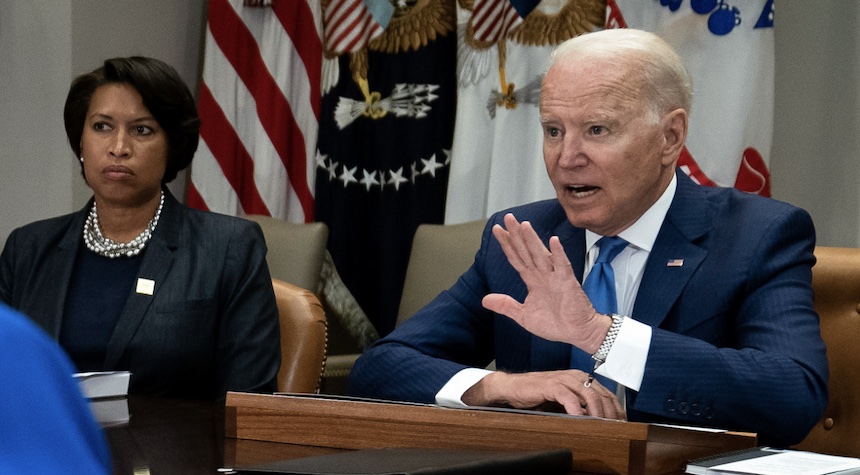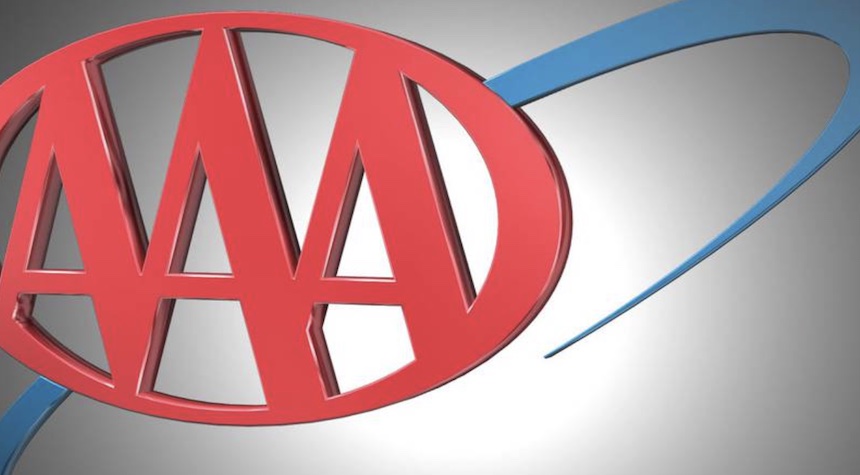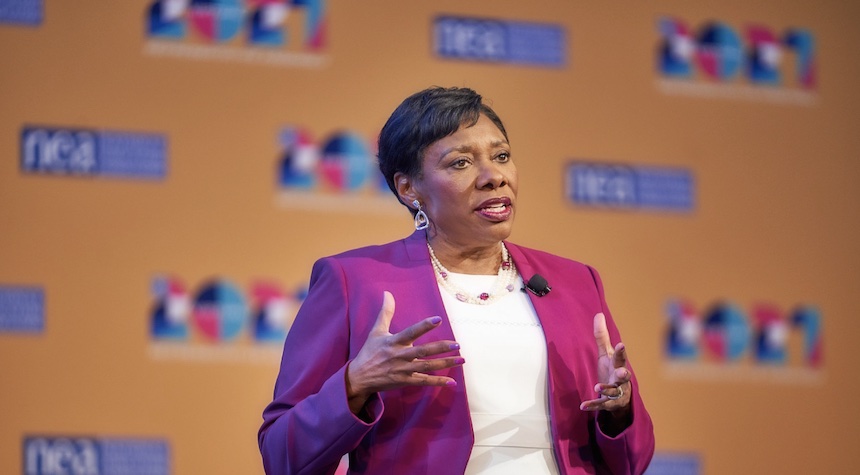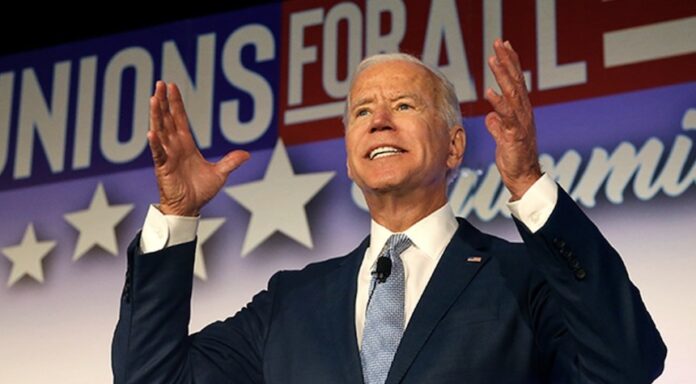You can help to fund radical leftist campaigns by paying taxes. These unions are funded by the government employees who work for them. They spend tens and tens of millions of dollars on radical leftist campaigns. This helps elect politicians that want to ban gas cookers, change children’s pronouns in secret, and withhold funds from schools that maintain gun safety programs and archery.
It’s not your fault, it was planned.
For decades, employers in the government have deducted union dues automatically from an employee’s paycheck. The money is sent to the union before the employee sees it. This automatic deduction does a couple of things. It saves time for the union by not having to ask employees to pay for their union dues, and it allows the union to collect the money without the employee even thinking about it.

The practice was largely ignored for many years, until in 2018, the Supreme Court ruled that public employees cannot be forced to pay dues as part of their employment. Up until then, paying union dues had been a part of the job. When millions of people learned that they did not have to give a part of their hard-earned paycheck to a boss of a union, they started to reconsider supporting the union.
In the years following the 2018 Janus v. AFSCME ruling, unions representing government employees have shown themselves to be more and more toxic to the values and lifestyles of many of their members. This includes ignoring laws that increase violence in the streets, looting businesses and destroying them, deciding what type of car they can drive, what appliances they can own in their homes, or what their children are taught at school (or if they even have the right to attend).
The government employee unions are the largest beneficiaries of the Left. They have reshaped American life for so many years that people no longer recognize America as it was a decade earlier.

Many people, including union members, are tired of their destructive policies. They are looking for ways to end the stranglehold that government unions hold over politicians and public policy.
Employers of the government deduct money for normal withholdings like FICA and Medicare. Why would the government collect the membership fees for the union?
Do employers pay for your AAA membership or your church tithe? No, of course not.
Why should unions be given a special deal to avoid having to create their own payment system like almost every other business and membership organization have been doing for decades now?

This sentiment is growing in popularity. That’s why, just this year the state legislatures of Arkansas, Tennessee Florida, and Kentucky passed laws to stop their governments from collecting money for the unions. Kentucky Gov. Andy Beshear, the Kentucky governor, vetoed this legislation. However, state legislators successfully overrode it to force the unions to collect payments themselves and to give state employees the option to decline them.
Arkansas and Tennessee concentrated on preventing government deductions from teachers’ unions, a great start. Florida and Kentucky were able to remove the government from almost all public employee union deductions.
Just before Congress left Washington, D.C., for the August recess, Eric Burlison, an incoming congressman from Southwest Missouri, quietly presented HR 4971, the federal “Paycheck Protection Act.”
HR 4971, if it were to become law, would be a major blow to the stranglehold that Big Labor has on American politics – and unions are well aware of this.
Teachers’ unions, among others, did everything they could to manipulate and confuse the facts in order to make their members fear losing their benefits at work if not even their jobs.
Becky Pringle, president of the National Education Association, commented on state bills in a March panel at the U.S. Department of Labor.

We are looking at the rights that union members, teachers, workers, and students have lost. The freedom to teach and the right to learn. Here in our own country. In Florida and Texas. This week, the right to organize is being threatened in Kentucky, Arkansas, and Tennessee.
Florida labor unions have filed a lawsuit to stop the law’s implementation, but so far their efforts in federal and state courts have been rejected.
The labor unions are doing everything they can because they know many employees will choose to keep their money if they have to sign up for bank transactions or give over their credit cards to pay for union dues.
As a result of the state laws protecting public employees’ paychecks, the take-home pay of hundreds of thousands of workers increased when union dues were no longer deducted.
It remains to be seen how many union diehards continue to pay dues. But imagine the impact of HR 4971 if it were implemented for all federal employees.


